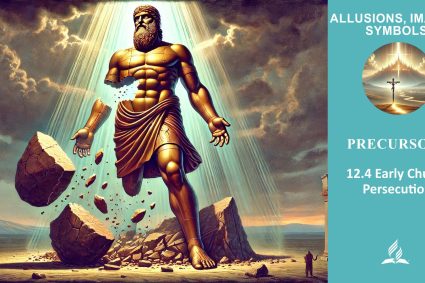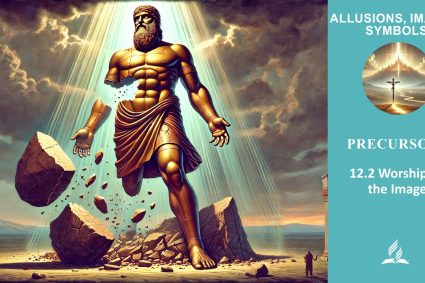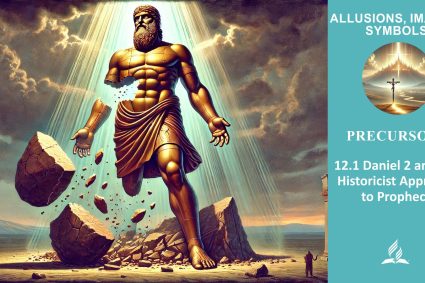

13.3 The Final Crisis
Read 1 John 4:8, 2 Peter 3:9, 1 Timothy 2:4, and Genesis 12:3. Why is each group of people significant to God?
-
1 John 4:8: “Anyone who does not love does not know God, because God is love.” This passage emphasizes God’s all-encompassing love. His love extends to the entire human race, regardless of race, ethnic background, or other distinguishing factors. The significance of each group of people lies in God’s love for all.
-
2 Peter 3:9: “The Lord is not slow to fulfill his promise as some count slowness, but is patient toward you, not wishing that any should perish, but that all should reach repentance.” This passage highlights God’s desire for all people to be saved. Every group of people is significant to God, and His heart longs for all to turn to Him in repentance.
-
1 Timothy 2:4: “Who desires all people to be saved and to come to the knowledge of the truth.” Once again, this verse emphasizes God’s universal will for the salvation of all people. God’s love and mercy extend to all groups of people.
-
Genesis 12:3: “I will bless those who bless you, and him who dishonors you I will curse, and in you, all the families of the earth shall be blessed.” This promise to Abraham underscores God’s universal blessing for all families of the earth. Every group of people is included in God’s divine plan.
The emphasis is on all-encompassing love, the desire for the salvation of all, and the universal blessing that God has in store for humanity. The mission is to proclaim this message of love, salvation, and blessing to all people and to warn them of the dangers of rejecting God, especially in times of increasing polarization and challenges to religious freedom. The Three Angels’ Messages are considered a means to convey this urgent message and call people to decide for Christ.
Reflect on the fact that Christ died for you personally. What might lead you to think that something you have done, no matter how bad, may not have been adequately paid for by Christ’s death on the cross?
The idea that Christ died on the cross for the sins of each individual is a central tenet of Christian belief. The doctrine states that through the sacrificial death of Jesus Christ on the cross, the guilt of humanity before God was atoned for. Jesus’ sacrifice is considered sufficient to pay the penalty for sins and open the way for reconciliation with God.
However, various reasons might lead someone to doubt or fear the adequacy of Christ’s death on the cross to sufficiently pay for their sins:
-
Guilt and Conscience: Individuals may grapple with strong feelings of guilt and conscience, especially when becoming aware of their own mistakes and wrongdoings. In such moments, the thought may arise that what they have done is too severe or significant for Christ’s sacrifice to be sufficient.
-
Lack of Understanding of Grace: An inadequate understanding of the Christian doctrine of grace might lead someone to believe they need to contribute to their salvation through their own efforts or works. This contradicts the concept of grace, which is based on the unmerited gift of salvation through faith in Jesus Christ.
-
Misinterpretation of Theological Concepts: Misinterpretations or misunderstandings of theological concepts could lead people to believe that their sins are too great for God’s forgiveness, even if they are Christians.
It is crucial to emphasize that Christian doctrine teaches that salvation occurs through faith in Jesus Christ alone (Ephesians 2:8-9). Doubts about the sufficiency of Christ’s payment for one’s sins can be addressed through deeper theological studies, prayer, spiritual guidance, and fellowship with other believers.
It is helpful to remember that God’s love and grace are greater than any sin. The Bible assures us that if we confess our sins, God is faithful and just to forgive us our sins and cleanse us from all unrighteousness (1 John 1:9). Faith in Christ and accepting His grace are key to inner certainty and freedom from the fear that our sins might not have been adequately paid for.
(Visited 13 times, 1 visits today)




















